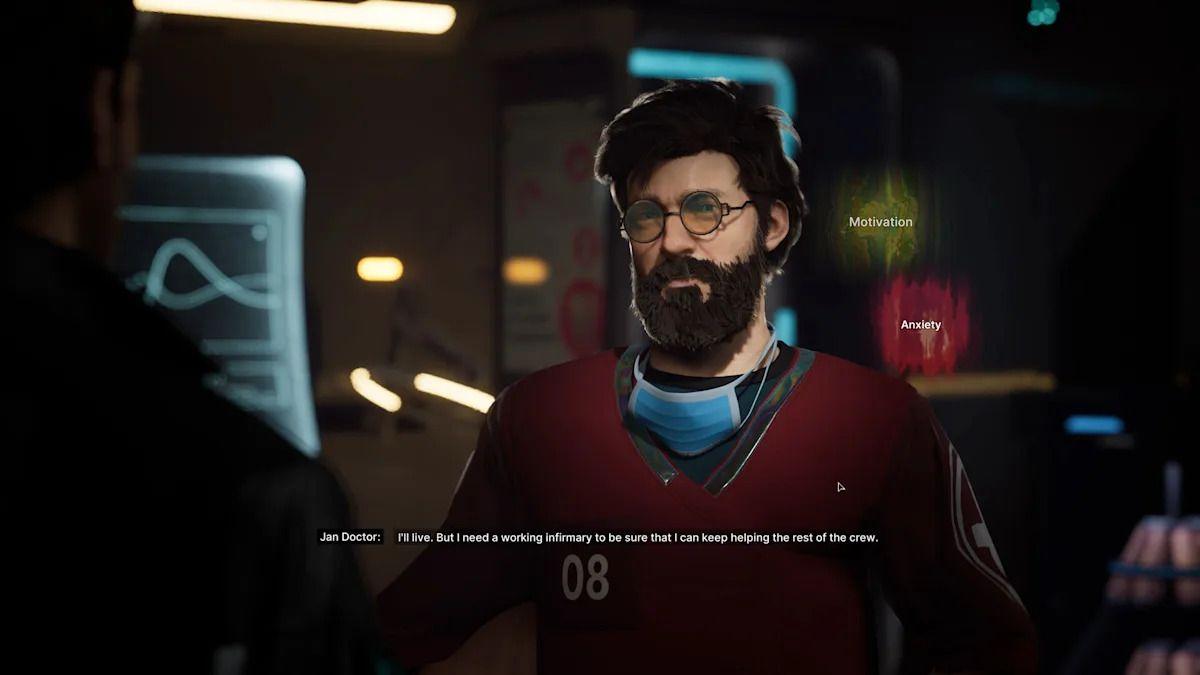Arc Raiders Reignites AI Voice Controversy as Embark Studios Defends Text-to-Speech Technology
4 Sources
4 Sources
[1]
Arc Raiders' use of AI voices is The Finals controversy all over again
Arc Raiders, the latest extraction shooter tearing up the charts, appears to make use of AI tools in generating some voice lines in the game, according to disclosures from developer Embark Studios. This mirrors a controversy that brewed around the studio's 2023 breakout, The Finals. Rust Cohle, you may have been onto something. Released Oct. 30 for PlayStation 5, Windows PC, and Xbox Series X, Arc Raiders is billed as a gentler on-ramp to the extraction shooter genre, something more approachable than behemoths like Escape from Tarkov. It's largely been well-received, currently sitting at a "very positive" rating on Steam based on more than 8,000 reviews. (As of this writing, there aren't enough critical reviews for it to clock a score on Metacritic or Opencritic.) This marks two consecutive bona fide hits for Embark Studios, following the success of The Finals. But on the game's Steam page, a disclosure about "AI Generated Content" draws comparisons: "During the development process, we may use procedural- and AI-based tools to assist with content creation. In all such cases, the final product reflects the creativity and expression of our own development team." The Finals, a multiplayer first-person shooter that gained prominence for its smooth gunplay and Battlefield-style destructive environments, drew backlash for its use of AI, before it even released. During its October 2023 open beta, the game's audio designer mentioned in a podcast (via VGC) that Embark used AI tools in developing its vocal tracks. Immediately, voice actors and game developers alike slammed the decision, saying AI vocal tracks were of notably lower quality than human ones, and that the use of the practice replaced voice-acting jobs. In response, Embark Studios told IGN in a statement that it hired professional voice actors to record voice lines for The Finals, but used text-to-speech tools to create additional lines based on those voices. The studio's rationale, at the time, was that it significantly speeds up the production process. Speaking to PCGamesN this week, Arc Raiders design director Virgil Watkins said the game "in no way uses generative AI whatsoever," but declined to elaborate on exactly what the content creation the Steam disclosure referred to, saying that it's not his purview. Watkins did acknowledge that the same vocal tech used in The Finals was used in Arc Raiders, however. "As [you] stated, [it's] the same as The Finals, we use that text-to-speech model," Watkins said. "That is, we hire and contract voice actors for it -- it's part of their contract that we use it [AI] for this purpose, and that allows us to do things like our ping system, where it's capable of saying every single item name, every single location name, and compass directions. That's how we can get that without needing to have someone come in every time we create a new item for the game." "We use a combination of recorded voice audio and audio generated via TTS tools in our games, depending on the context," a representative for Embark Studios told Polygon in a statement. "Sometimes, recording real scenes where actors get together -- allowing character chemistry and conflict to shape the outcome -- is something that adds depth to our game worlds that technology can't emulate. Other times, especially when it relates to contextual in-game action call-outs, TTS allows us to have tailored VO where we otherwise wouldn't e.g. due to speed of implementation. Making games without actors isn't an end goal for Embark and TTS technology has introduced new ways for us to work together." At the time, the consensus around the use of AI voices in The Finals -- to whatever extent the tools were used -- amounted to "this sucks." Immediate response to the use of generative tools in Arc Raiders, though, is a bit more nuanced, at least in the early days. That said, some players are virulently against it. "AI voices are a stain on an otherwise incredible game," one player said in a Reddit post focused not on the ethical concerns about generative AI (which they said is "more complicated discussion") but rather on what they claim has resulted in poor-quality voice work. Another player responded by saying it was immediately noticeable in the vocal lines for Shani, Arc Raiders' person-in-a-chair character. "I hate they did it for the finals and sad to hear they did it again for this game," responded another. But others have taken more of an open-minded stance. "Don't give a fuck, they paid voice actors and used it well," one Reddit user wrote in response to an article citing Watkins' comments. "This is as ethical as it gets these days, I'm afraid."
[2]
Arc Raiders' use of AI highlights the tension and confusion over where machine learning ends and generative AI begins
Embark Studios' contradictory statements about generative AI highlight what's sure to be a long-term industry debate. Like Embark Studios' 2023 shooter The Finals, its new game Arc Raiders, out today, comes bearing an "AI generated content disclosure" on its Steam page. "During the development process, we may use procedural- and AI-based tools to assist with content creation. In all such cases, the final product reflects the creativity and expression of our own development team," reads the disclosure. Despite multiple interviews with key Embark personnel in recent days, it's hard to pin down exactly what pieces of Arc Raiders result from what sort of AI. "Arc Raiders in no way uses generative AI whatsoever," design director Virgil Watkins said in an interview with PCGamesN. Studio CCO Stefan Strandberg told Eurogamer much the same, saying "the experience of the game doesn't use any generative AI." But as soon as you dig past the surface of those broad dismissals, the details grow muddier. The Finals was an early case of AI usage stoking controversy and conversation around the usage of AI tools in game development. Embark specifically drew heat for using text-to-speech audio generation for many of the game's voice lines, a process it's continued to use in Arc Raiders. In his interview with Eurogamer, Strandberg said that "TTS allows us to increase the scope of the game in some areas where we think it's needed, or where there's tedious repetition, in situations where the voice actors may not see it as valuable work." Watkins, speaking to PCGamesN, elaborated that the text-to-speech always starts with a voice actor: "It's part of their contract that we use it [AI] for this purpose, and that allows us to do things like our ping system, where it's capable of saying every single item name, every single location name, and compass directions. That's how we can get that without needing to have someone come in every time we create a new item for the game." If your definition of generative AI is exclusively using tools like ChatGPT -- which are built by ignoring copyright to scrape vast swathes of the internet for "training data" and then arguing they should be allowed to do so because they couldn't exist otherwise -- then it seems that Arc Raiders is in the clear. And those tools do represent the most dramatic version of what AI critics find reprehensible about the technology: that what it "creates" is simply an amalgamation of stolen, remixed and uncredited human art. But much of the unease around AI is also simply about it putting people out of their jobs -- jobs where their own creative input could've both kept them fed and made the end product better. Embark Studios may have saved money and time by not "needing to have [a voice actor] come in every time [they] create a new item for the game," but I suspect most voice actors would be happy to get paid to say a bunch of item names every month or two. That repeat gig is now gone. Isn't using actors' voices as training data to create audio barks and pings that they never said, by definition, generative? The studio may have found actors willing to sign contracts allowing that use, but if anything, that proves AI critics' fears are well-founded. Videogame voice actors in the SAG-AFTRA union went on strike for a full year, from July 2024 to July 2025, in part to secure a contract that limited how their voices could be used in conjunction with AI. The union won: the publishers they were fighting, including Activision, EA, and Take Two agreed to remove a "one-time payment option" for digital replicas of actors' voices, Variety explained. In the final agreement, "performers who consent to the use of a digital replica receive compensation for that use comparable to what they would have received had they directly provided services." As far as I can tell, Embark Studios -- which is based in Sweden -- did not work with actors from the US-based union on Arc Raiders. The studio's interest in AI tech doesn't end with text-to-speech, but every interview that touches on the subject seems to make it that much harder to pin down. Speaking to Edge magazine, Embark founder Patrick Söderlund said that they'd developed AI tools that let them create a 3D model of a game from a YouTube video; executive producer Aleksander Grøndal then told Rock Paper Shotgun that that was "a research project... not something that we're using in the game now." Söderlund has also spoken about the company's machine learning efforts to help animate its AI robots. Which isn't "generative" AI -- but it still reflects the core tension of AI tools, which promise to save human workers time and tedious effort up until the point that they can (oops!) maybe replace them altogether. "The foundation of Embark was, if we're going to try to build a studio, we can't compete with the likes of EA and Activision and other large companies because we don't have the same financial means to do that. We then realized that we had to get to a place where... we have to go back and take a look at how we develop a videogame," Söderlund said on the podcast The Game Business this week. Söderlund came to the conclusion that for Embark's 300 person team to compete with those triple-A studios and "Asian live game developers who churn out content," they'd have to aim to be "100 times faster" than they were used to: "If our goal is to do it 10 times faster, we're going to try to fix conventional development methods and that may lead to us being twice as fast if we do a good enough job. If you ask for 100 times faster, you have to take what you know and throw that away and start really thinking about what type of modification and transformation we need to go through to completely change the way we approach this. "That's when we came into procedurally generated content, using AI and machine learning to some extent, even in the content creation pipelines, to what types of tools we build. A lot of these tools we've been working with for so long stem from software that's 25-30 years old. We may have to write our own programs to get to where we want to." Söderlund added that it would be "arrogant" to say that Embark today is 100 times faster than any other studio, but does believe they've "created a way to build products and games and update them that [he doesn't] think many others can compete with." At a time when mass layoffs in the game industry are rampant, there's clear appeal to building games at the fidelity players have come to expect with a smaller team than it takes to create an Assassin's Creed or Call of Duty. But it's also hard to square the Embark team's reassurances that they don't use generative AI -- and don't want to remove humans from the equation -- with that goal of being 100 times faster. And from there, to connect the dots to how the creative process might suffer from fewer human animators or voice actors bringing their own perspectives and talents into the fold. At what point on that slippery slope do the tools that aid efficiency instead begin to cause erosion? I'm not yet equipped to answer that question, and it doesn't seem like the game developers praising AI -- generative or not -- are either.
[3]
"There's no shortcut to making great games" Embark Studios CCO responds to, and defends, AI use in Arc Raiders
Arc Raiders is out today, and while a wild number of players have flocked to the game to celebrate its launch, it's no secret that the extraction shooter shared a familiar point of controversy to Embark Studio's prior game The Finals. That sore spot for many gaming enthusiasts is AI, a technology Embark has made no secret of exploring. In The Finals, Embark Studios used text-to-speech AI in combination with real voice-actor performances to create fresh lines for the game quickly, something the developer came under fire for from voice actors and gamers alike. This implementation of AI has returned for Arc Raiders, alongside machine learning which has been used to create animations for Arc enemies when their pieces get destroyed, manifesting in dynamic movements. Generative AI, the source of much understandable disdain, has not been used in Arc Raiders, Embark Studios CCO Stefan Strandberg tells Eurogamer. However, the team at Embark still intends to be on the "forefront of emerging technologies". How does Embark strike that balance between human creativity and AI use at a time when doing so proves exceptionally controversial for good reason? "We use AI as tools to assist in some content creation, but it's always in the context of creativity, as an expression of the team," Strandberg tells Eurogamer. "Obviously, it depends on how people define AI, which makes it trickier. The locomotion for some of our Arc enemies has been trained with machine learning, which creates these fantastic emergent moments. If you shoot off a leg, it'll try to rebalance. That's AI, if you will." Before founding Embark Studios alongside his peers, Strandberg worked at EA for many years. His roots at that company were in sound design, having worked on multiple Battlefield games in that role before transitioning into directorial positions at the company for several years. With this background, Strandberg spoke on the use of text-to-speech (or TTS) in Embark's games, Arc Raiders included. "I came out of recording just two days ago with two wonderful actors that you'll have heard in the pre-order trailer. Those are real actors. There's something special and dynamic about putting two people together that to me, being a sound designer originally, there's nothing that can replace that in my opinion. "TTS allows us to increase the scope of the game in some areas where we think it's needed, or where there's tedious repetition, in situations where the voice actors may not see it as valuable work. So it's a wide umbrella, but the experience of the game doesn't use any generative AI." According to Strandberg, the use of technology like text-to-speech AI has helped keep Embark Studios smaller, something he believes is exceptionally important given the current state of the video game industry: "We live in this time now where you've seen the increase of team sizes across the last ten years, and as a studio we felt that was unsustainable. Massive titles today, some IPs, demand 2,000 people. Then the next iteration needs 3,000 people! "When we started the studio we were saying we should be able to capitalise more on these technologies that come out, but studios that were formed 15 years ago or so, they are just set up differently. We started with this in mind, how can we leverage new technologies, how can we push new technologies, while keeping the team small and taking creative risks. Also, it can help you increase the scope of a game and get features to be in a state that they wouldn't be otherwise with such a small team. So I'm proud of what we've achieved there." Proud Strandberg may be, but a large question remains. Where exactly does the human element of Embark end and AI-assisted development begin? Is this a line fixed in place, or will it shift further towards automation in the future? What can be said to those concerned about a steady displacement of human talent? To this, Strandberg emphasises that despite Embark's desire to embrace new technologies, such tools are not a replacement for developers. "There are no shortcuts to making great games. You need so many things in place: a clear vision, a great culture, clear goals. The vision will inform how you get there." Strandberg elaborates: "We're always leading with what allows us to create new and exciting player experiences, what can help us do that. The tools available to us now are just more and more exciting than they were. So, I'm thinking about it that way. Linking back to the automation, when you blow a leg off an enemy, and you're seeing it struggle with one less leg, it's a tiny moment but you're almost playing with something with self-preservation. That's tantalising to me. But that's just one piece of that process was done with machine learning. It's still what the design team wanted to do, the guiding principles are what the design team wanted this game to be. "So as a team that's super curious about this, you've got to think about what this enables us to do. But there's no such thing as just auto-piloting development, just getting 40-enemies out in one week. That's not a thing. So it's guided by us, and we're always on the lookout for how we can improve our own workflows. We started this studio with a massive set of procedural tools when it comes to world building, and we wouldn't be anywhere near where we are today without those investments." Arc Raiders is out now, and launch day connection errors seem to be largely fixed. If you're curious about the game, why not read Eurogamer's Arc Raiders preview here!
[4]
Arc Raiders devs "don't use generative AI," CCO says AI text-to-speech is used to help "make rich worlds" while keeping the studio small but "there's no end goal in replacing any actors"
Arc Raiders uses AI TTS similarly to The Finals, in combination with real actors Embark Studios CCO and co-founder Stefan Strandberg has clarified that the developer didn't use generative AI when making most of its soon-to-be hit extraction shooter Arc Raiders, and the only AI tech that was used during development was for text-to-speech voices. Arc Raiders came out across PC, Xbox Series X|S, and PS5 earlier today and is swinging out of the gates with a boatload of hype - its first Server Slam test attracted thousands of concurrent players and strong word of mouth - but one specific controversy has dampened the otherwise exciting launch. Over the last couple of weeks, some online fans have posted clips accusing the developer of trying to "replace voice actors" based on voice lines that were allegedly generated by AI. Back in 2023, developers confirmed AI text-to-speech had been used in the studio's previous shooter, The Finals, adding more smoke to the fire in this instance. Now, speaking to GamesRadar+, Strandberg confirmed that Arc Raiders does indeed include about as much AI content as The Finals. "We use a combination of recordings of real actors and TTS," he explains. "So that's true for this game as well." Strandberg also tries to alleviate fears that the studio is working to swap human talent for AI tech, however, promising that "there's no end goal in replacing any actors" because "there's something fantastical that happens when you bring real actors in, and they are contributing to the lore, as well, of this game world." Others would argue that shipping a game with AI voices in the first place is already replacing a job that could've gone to an actual actor. AI text-to-speech is instead what Strandberg calls a "studio strategy" to punch above its weight. "We are trying to maximize what we can, being a small team trying to get make rich worlds right, but still staying small... but we don't use generative AI in other domains across the game," he added. Embark CEO Patrick Söderlund echoed that sentiment earlier this month, sharing aspirations that AI development could help the studio "build content a hundred times faster," while acknowledging " the human aspect is still essential."
Share
Share
Copy Link
Embark Studios faces renewed criticism over AI voice usage in Arc Raiders, mirroring controversies from The Finals. The developer defends its text-to-speech approach as ethical while industry debates the boundaries between AI assistance and human replacement.
Controversy Returns to Embark Studios
Embark Studios finds itself at the center of another AI controversy with the release of Arc Raiders, its latest extraction shooter that launched on October 30 for PlayStation 5, Windows PC, and Xbox Series X. The game carries an "AI Generated Content" disclosure on Steam, stating that the developer may use "procedural- and AI-based tools to assist with content creation," echoing similar controversies that surrounded the studio's 2023 hit The Finals
1
.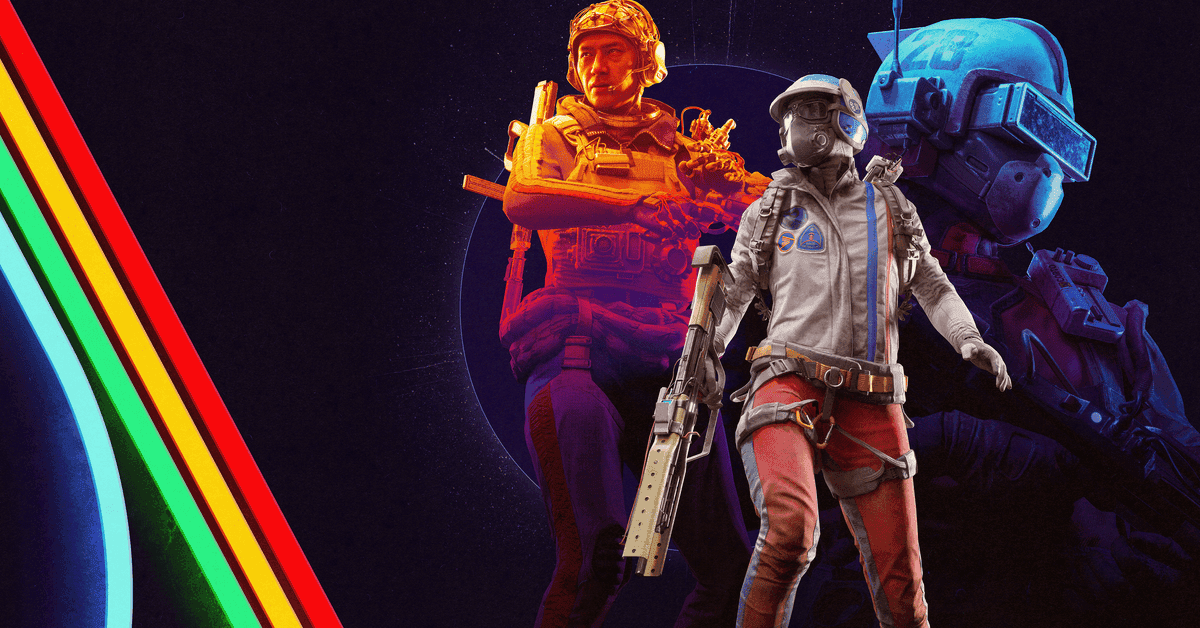
Source: Polygon
The disclosure has reignited debates about AI usage in game development, particularly regarding voice acting. Arc Raiders design director Virgil Watkins told PCGamesN that the game "in no way uses generative AI whatsoever," while acknowledging that the same text-to-speech technology used in The Finals was implemented in Arc Raiders
2
.The Text-to-Speech Approach
Embark Studios' approach involves hiring professional voice actors to record initial voice lines, then using AI text-to-speech tools to generate additional content based on those recorded voices. "We hire and contract voice actors for it -- it's part of their contract that we use it [AI] for this purpose," Watkins explained. This allows the studio to create comprehensive ping systems capable of saying "every single item name, every single location name, and compass directions" without requiring actors to return for each new item added to the game
1
.Studio CCO Stefan Strandberg defended this methodology to Eurogamer, explaining that "TTS allows us to increase the scope of the game in some areas where we think it's needed, or where there's tedious repetition, in situations where the voice actors may not see it as valuable work." He emphasized that "the experience of the game doesn't use any generative AI"
3
.Industry Context and Union Response
The controversy occurs against the backdrop of significant industry action regarding AI usage. SAG-AFTRA voice actors conducted a year-long strike from July 2024 to July 2025, securing protections against unauthorized AI voice replication. The final agreement ensures that "performers who consent to the use of a digital replica receive compensation for that use comparable to what they would have received had they directly provided services"
2
.Embark Studios, based in Sweden, did not work with US-based union actors on Arc Raiders, which raises questions about labor protections and compensation standards across different markets.
Related Stories
Mixed Player Reception
Player reactions to Arc Raiders' AI usage have been notably more nuanced than the initial backlash faced by The Finals. While some players remain strongly opposed, calling AI voices "a stain on an otherwise incredible game," others have taken a more accepting stance. One Reddit user wrote, "Don't give a fuck, they paid voice actors and used it well. This is as ethical as it gets these days, I'm afraid"
1
.The game itself has been well-received, maintaining a "very positive" rating on Steam based on over 8,000 reviews, suggesting that AI concerns haven't significantly impacted overall player satisfaction
1
.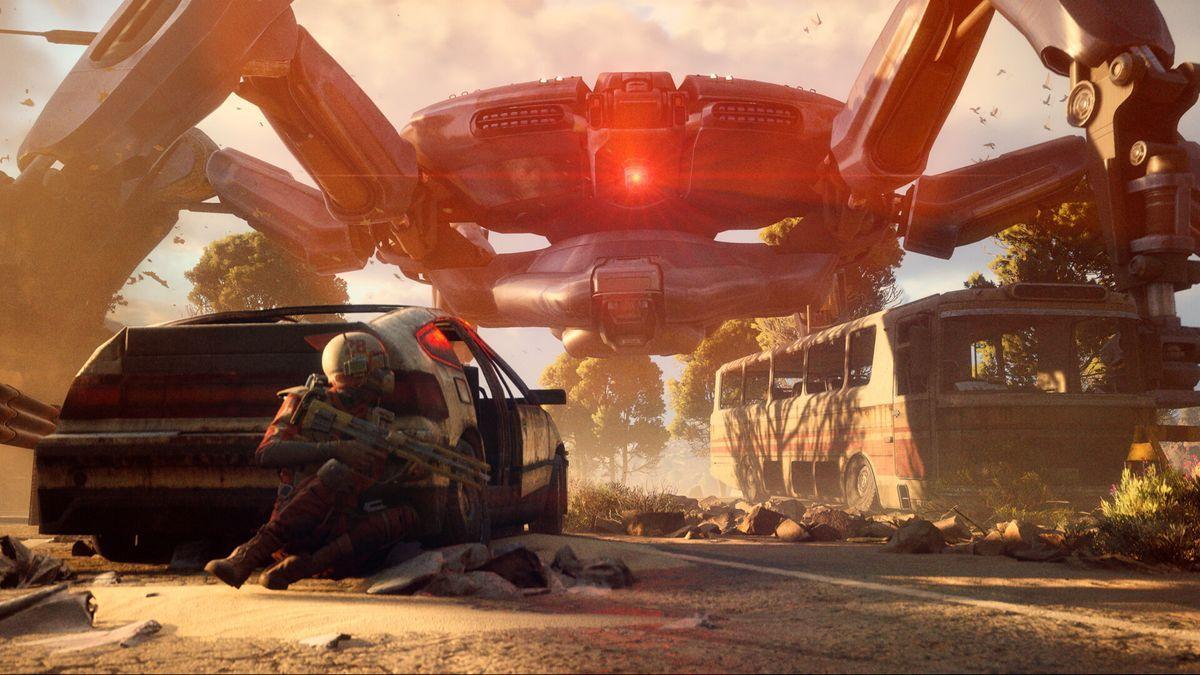
Source: GamesRadar
Beyond Voice Acting: Machine Learning Applications
Embark's AI usage extends beyond voice generation. The studio has implemented machine learning for enemy animation systems, creating dynamic responses when Arc enemies lose limbs during combat. "If you shoot off a leg, it'll try to rebalance," Strandberg explained, describing these as "fantastic emergent moments" that enhance gameplay
3
.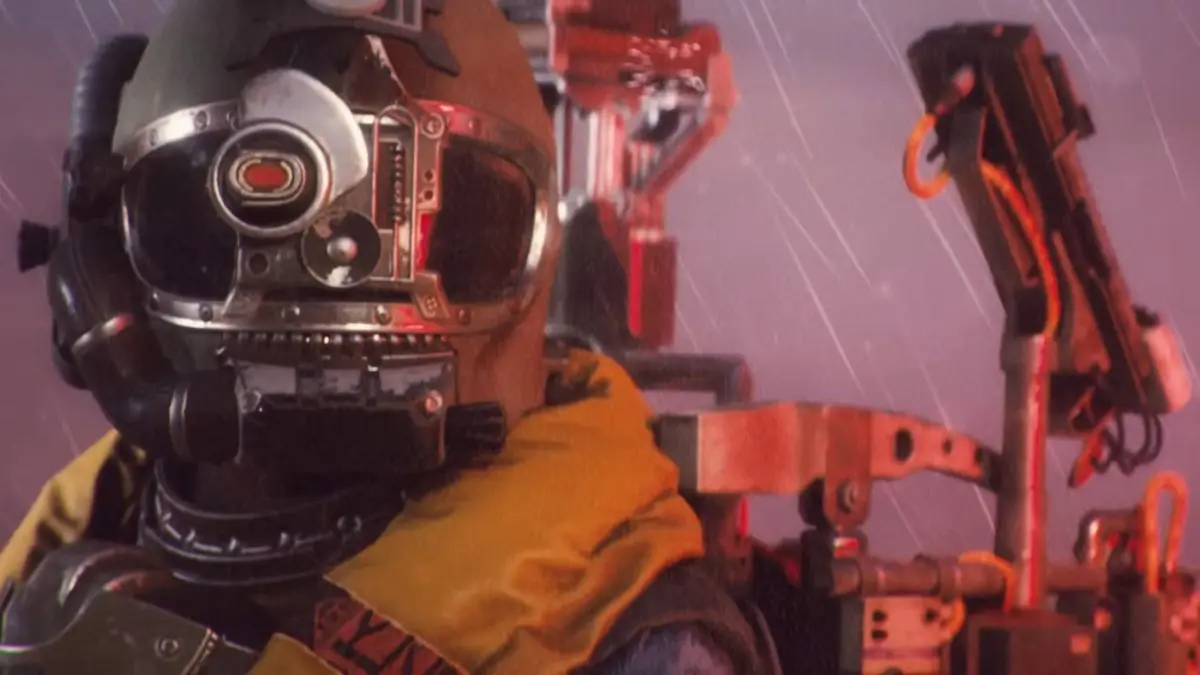
Source: PC Gamer
Founder Patrick Söderlund has also mentioned research into AI tools that could create 3D game models from YouTube videos, though executive producer Aleksander Grøndal clarified this remains "a research project" not currently used in games
2
.References
Summarized by
Navi
[3]
Related Stories
Gaming Industry Splits Over AI Use as Arc Raiders Success Sparks Heated Debate
11 Nov 2025•Technology

Dispatch Developers Take Strong Stance Against AI Voice Acting in Gaming
18 Nov 2025•Entertainment and Society
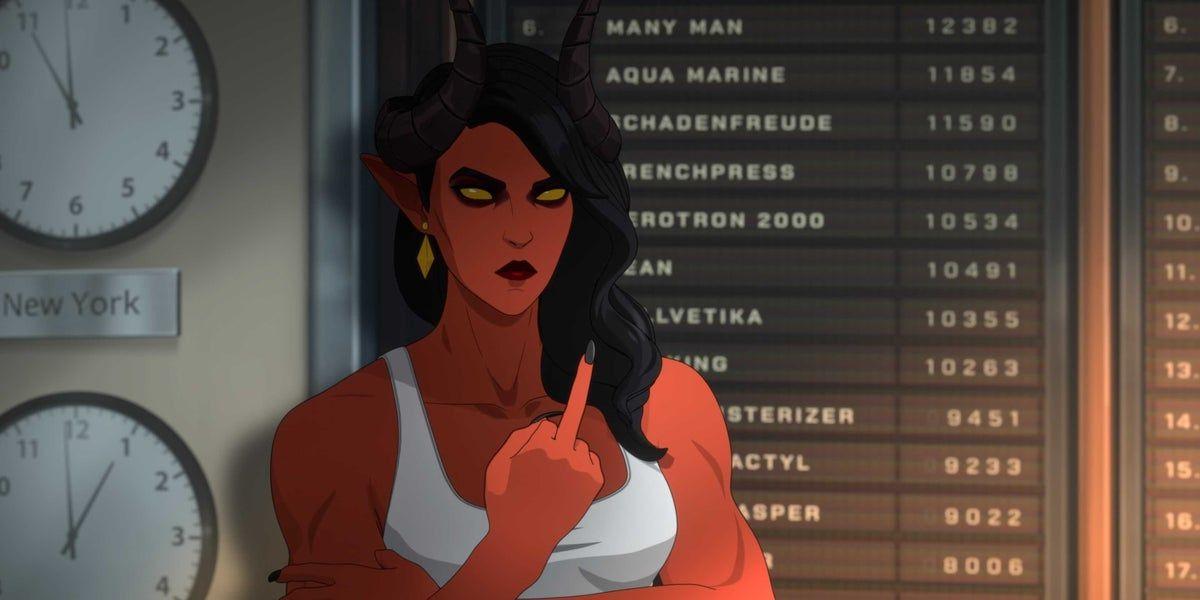
Indie Game Awards strips Clair Obscur: Expedition 33 of Game of the Year over generative AI use
21 Dec 2025•Entertainment and Society
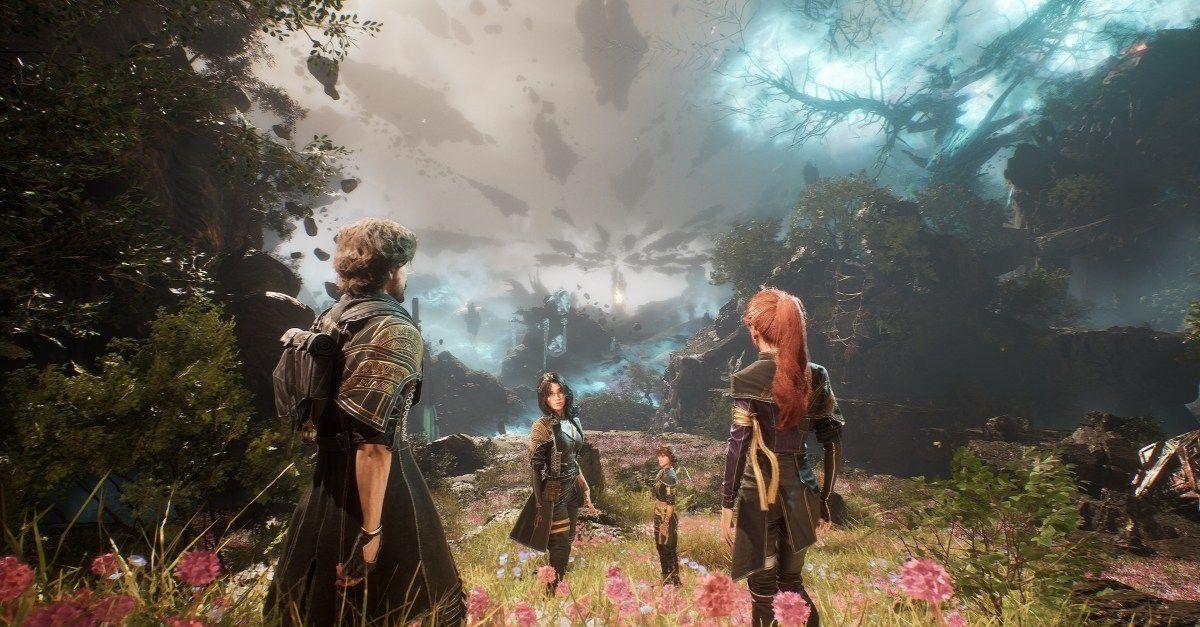
Recent Highlights
1
Pentagon threatens to cut Anthropic's $200M contract over AI safety restrictions in military ops
Policy and Regulation

2
ByteDance's Seedance 2.0 AI video generator triggers copyright infringement battle with Hollywood
Policy and Regulation

3
OpenAI closes in on $100 billion funding round with $850 billion valuation as spending plans shift
Business and Economy

